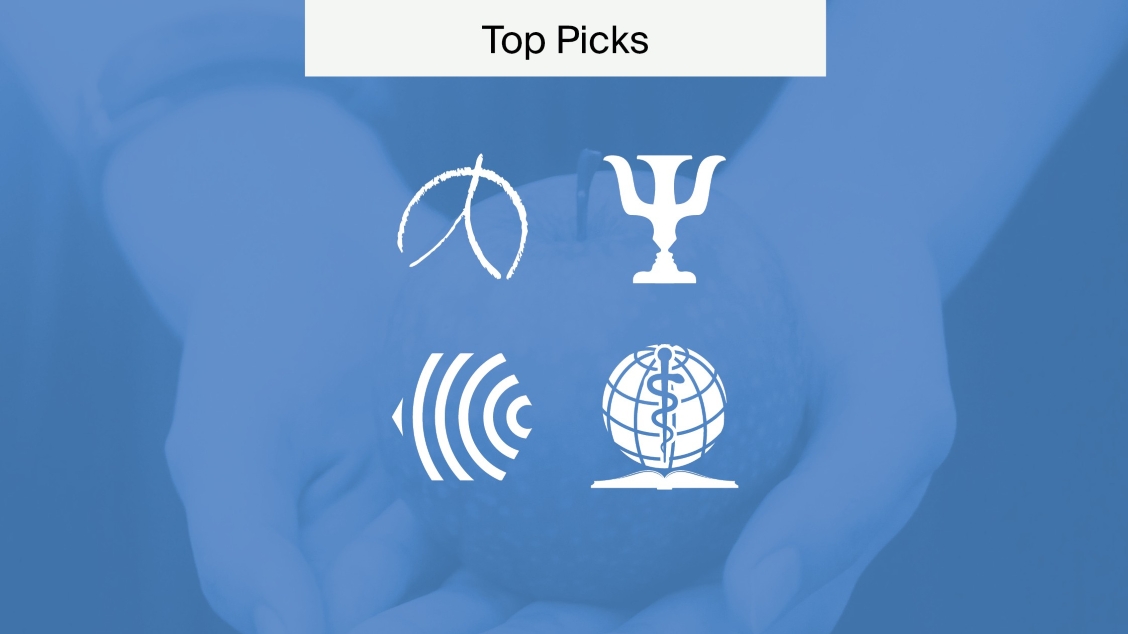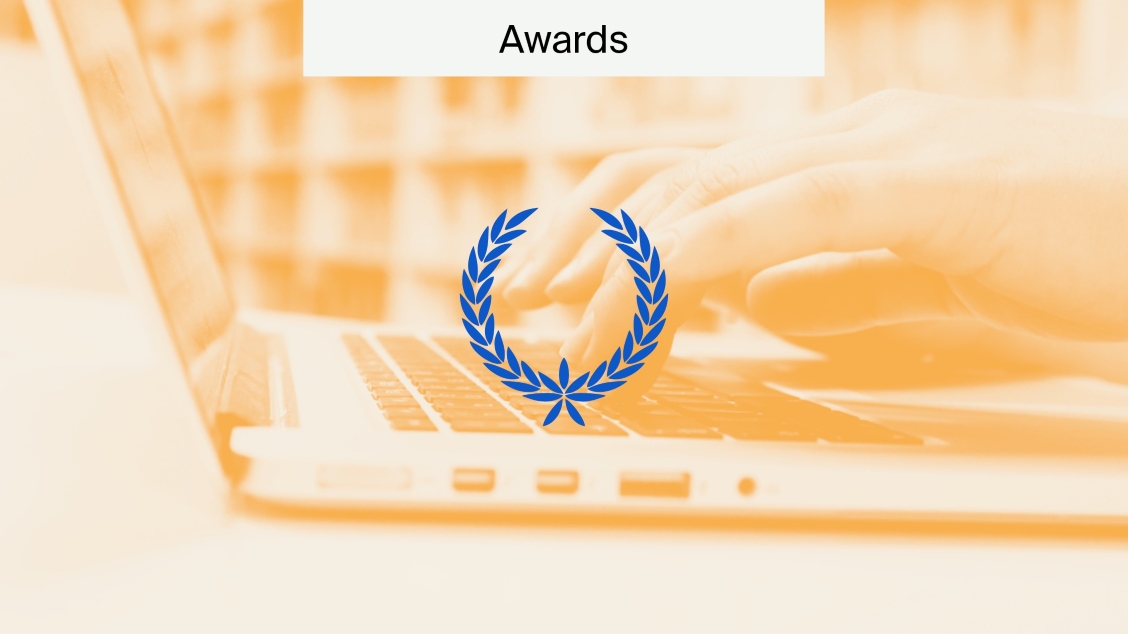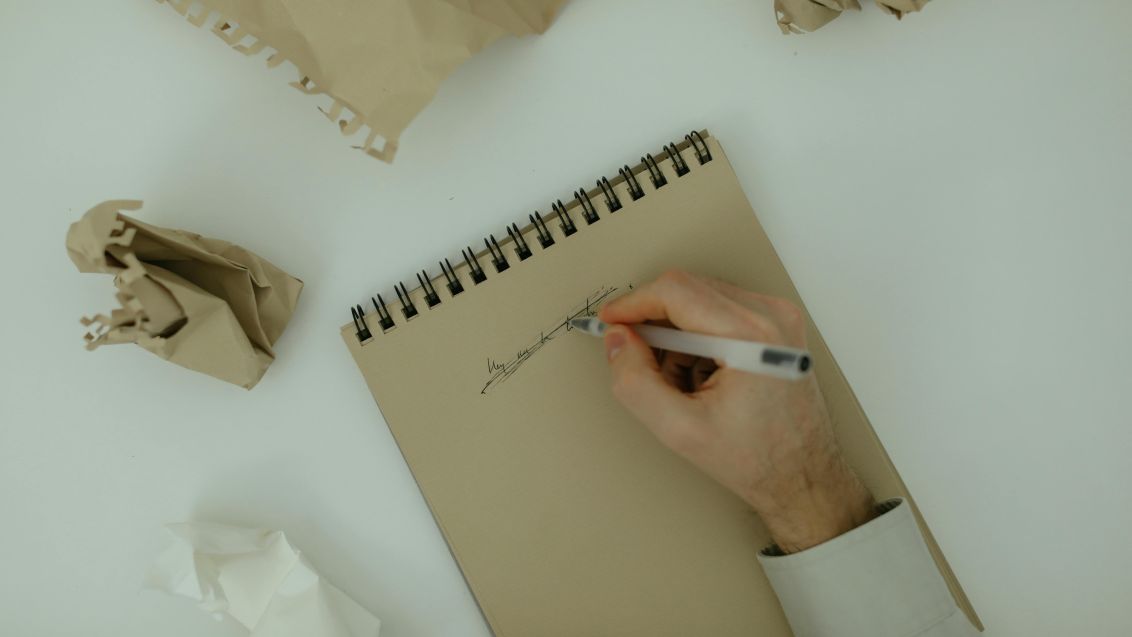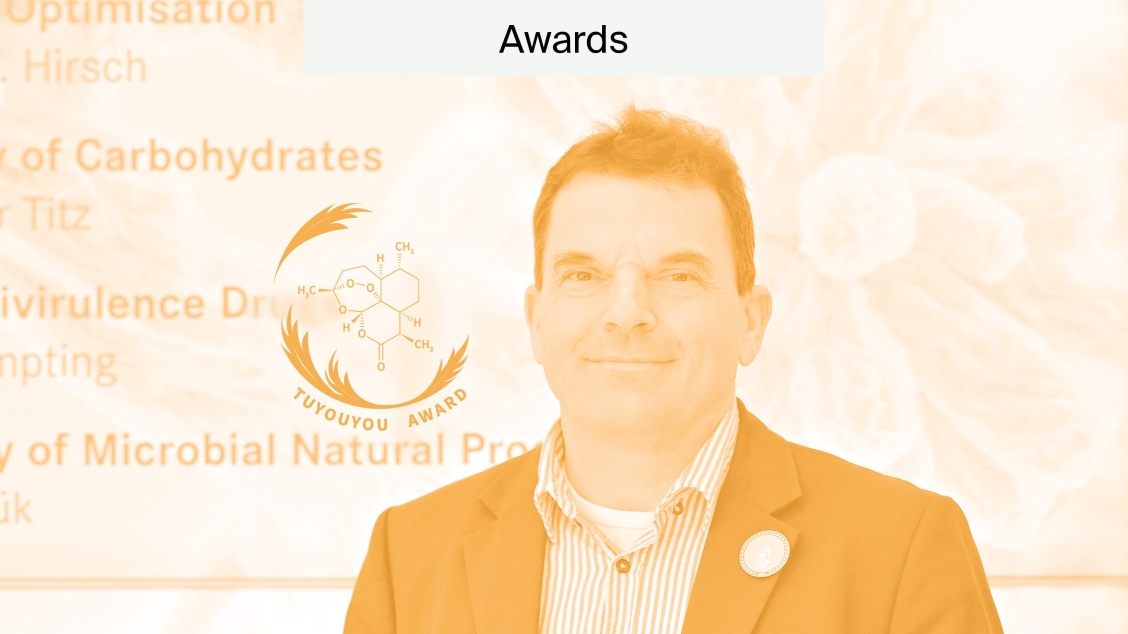
Using Citizen Science to Empower Physical Activity
Physical activity and exercise are extremely important for all aspects of human health and well-being. Researchers from Spain, UK and Canada have been working to promote exercise for those over the age of 55 years. In a recent study published in the open-access journal Sustainability, the researchers developed a new digital tool in the form of a mobile app that allowed citizens of Barcelona over the age of 55 to monitor and plan their physical activity. The Every Walk You Take Initiative encourages physical activity through a citizen science approach.
“Every Walk You Take aims to empower citizens to experience an active and healthy ageing process through scientifically proven tools.” – María Grau, author on the paper and coordinator of the initiative.
Experts have named lack of physical activity as the fourth leading risk factor for global mortality. This costs healthcare systems approximately 67.5 billion U.S. dollars a year. Furthermore, pressure on the healthcare system also creates heavy resource expenditures, impacting sustainability.
Regular exercise has been proven to help prevent non-communicable diseases such as heart disease, hypertension, stroke, diabetes, and certain cancers. In addition, certain factors, such as ageing, increase the risk of developing these diseases. In this article, we further explain the mobile app that could help millions age healthily.
Physical activity and sustainability
The Every Walk You Take Initiative supports sustainability through direct and indirect pathways. In particular, it helps to support the Sustainable Development Goals (SDGs).
The Sustainable Development Goals were created by the United Nations; they provide a shared blueprint for peace and prosperity for people and the planet now and into the future. The main goal that this initiative supports is SDG #3.
“Ensure healthy lives and promote well-being for all at all ages.” – United Nations.
The mobile app promotes physical activity and supports certain groups of individuals who are at greater risk of developing non-communicable diseases. This has the potential to reduce premature mortality from these types of diseases by one-third. Furthermore, it also helps to promote and improve mental health, as physical activity has been shown to mitigate some symptoms of mental illness. If you would like to read more about how physical activity can improve mental health, please see our recent post, Moving More for Mental Health.
The initiative also indirectly addresses other SDGs, including:
“End all forms of malnutrition.” -SDG2#2
The authors explain that overweight and obesity are forms of malnutrition that the mobile app will help to tackle by promoting exercise.
“Ensure inclusive and equitable quality education and promote lifelong learning opportunities for all.” -SDG#4
“Reduce inequality within and among countries.”- SDG#10
Life-long learning centres were used to train citizen scientists on how to use the app and collect data effectively. Life-long learning centres ensure that all learners regardless of their age, have access to learning materials and resources that promote sustainable development. The authors note that this helps to promote sustainable lifestyles (SDG 4) and reduces inequalities (SDG 10).
“Make cities and human settlements inclusive, safe, resilient, and sustainable.” – SDG#11
“Take urgent action to combat climate change and its impacts.- SDG#13
The authors note that climate change is a big focus point of the initiative. They explain that it is deeply linked with the enhancement of inclusive and sustainable urbanization. As well as sustainable human settlement planning and management.
Citizen science to promote physical activity
Citizen scientists are members of the public who participate in big research projects. They’re very useful for engaging public interest. In addition, they have a lot of power over global projects and can collect volumes of useful data.
The researchers from Spain, UK and Canada utilized citizen scientists from Barcelona over the age of 55 to test their mobile app designed to encourage physical exercise in this age group. The app recommends healthy walking routes in the city. This includes parks, pedestrian lanes, and streets, with real-time information regarding air quality and climate. Furthermore, the app also takes into consideration the personal details of the participants for example, age, physical condition, and geographical location, when recommending a route. Additionally, it also takes into account preferences such as route difficulty.
The citizens can provide feedback in the form of images and voice notes about the routes. This allows them to identify and report barriers. For example, in the study, some participants reported obstructions such as mud on the pathway or if the route is close to the motorway and is loud. They can also provide positive information that can help other individuals decide on their particular route. For example, some participants noted the surroundings on the route, such as animals and picturesque landscapes.
Results
This app has a lot of potential to improve and encourage physical activity globally. The researchers conducted the testing period over two 7-day cycles. During this period, they collected 112 comments and 48 pictures describing their perceived barriers and facilitators of physical activity.. An aspect to consider in the study is that 86% of the citizen scientists were female. The researchers suggest that this may have introduced gender-based biases, which could impact the generalizability of the findings. Furthermore, the researchers noted that no information was taken on the citizen scientist’s health status, such as quality of life. They conclude that a randomised controlled trial should be undertaken to evaluate the effectiveness of the app on health and wellbeing.
Implications of citizen science to promote physical activity
The researchers note that the Every Walk You Take initiative has the potential to be implemented in different cities around the world. This allows citizen scientists to collect information and promote physical activity in specific age groups.
“In the future, the idea is to expand the project in a phase in which more municipalities from all over Spain and Europe will participate, to create a real network that gives citizens a voice to identify barriers and obstacles on routes to improve their health.” – María Grau.
If you would like to read more about healthy ageing and sustainability, please see the Special Issue in Sustainability, “Healthy Aging and Sustainable Development Goals.”










